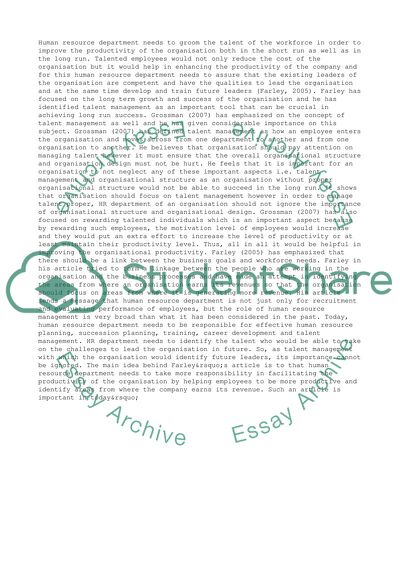Cite this document
(“Role Of HR In Developing Talent At Work Literature review”, n.d.)
Retrieved de https://studentshare.org/business/1391727-critical-literature-review
Retrieved de https://studentshare.org/business/1391727-critical-literature-review
(Role Of HR In Developing Talent At Work Literature Review)
https://studentshare.org/business/1391727-critical-literature-review.
https://studentshare.org/business/1391727-critical-literature-review.
“Role Of HR In Developing Talent At Work Literature Review”, n.d. https://studentshare.org/business/1391727-critical-literature-review.


